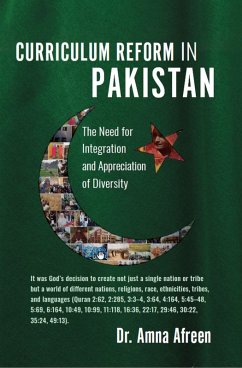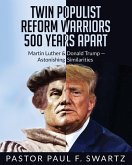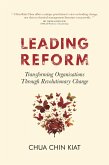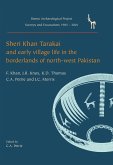I have written this book in an effort to explore how the history of Pakistan has resulted in the critical problems weighing down its education system. The book examines the questions: Why and how has a small elite class come to rule Pakistan? And how has their rule worsened the country's problems? The focus will be to critically examine the elements of the Pakistani national curriculum and madrasas and their effects on Pakistani society. The book represents the fusion of my experiences in Pakistan with extensive literature analysis, interviews, and textbook analysis. This research began when I came to the United States in January 2015 through the SAR program. I wanted to know the answers to profoundly unsettling questions. How can a society be so intolerant that a scholar educated solely in Pakistan is disregarded and assassinated while many Western-educated scholars with traditional insular thoughts are not only appreciated but flourishing? I wanted to know why Pakistani elites have so much power and freedom while lower classes are profoundly oppressed. Elites who barely pay taxes have been in power for generations while those that pay taxes suffer from sky-high inflation. The influential religious leaders mostly belong to the elite class while their followers are mostly lower class. Ruling families and social classes mostly control appointed positions. Do those in power not have a responsibility to speak on issues of social justice rather than limiting themselves in claiming that theirs is the only true form of Islam? Why don't they work to end the disparity of quality education between classes in Pakistan? Instead, many elites run their own lucrative elite Islamic schools. More importantly, why do the ulama (which literally means "e;those who possess knowledge [ilm], particularly of Islam"e;) maintain a tight hierarchical system in the madrasa (Islamic seminary)community that rarely allows poor intelligent students to attain leadership positions? Why are the ulama silent in the face of ruthless murder of and discrimination against Pakistani minorities?
Dieser Download kann aus rechtlichen Gründen nur mit Rechnungsadresse in A, B, BG, CY, CZ, D, DK, EW, E, FIN, F, GR, HR, H, IRL, I, LT, L, LR, M, NL, PL, P, R, S, SLO, SK ausgeliefert werden.









